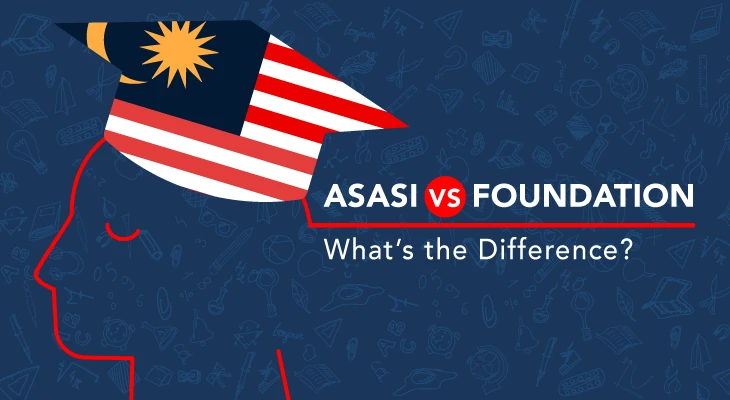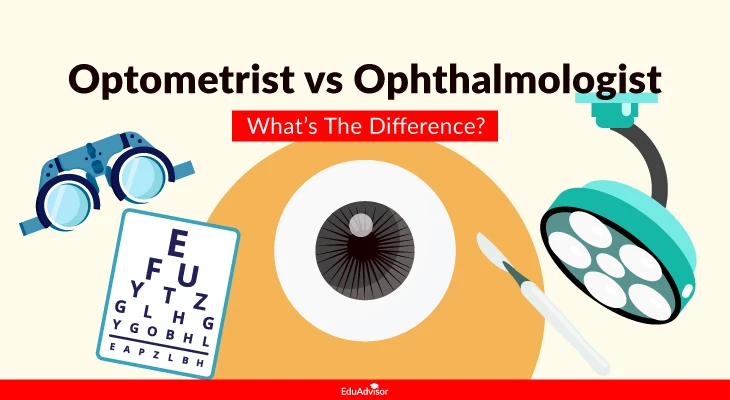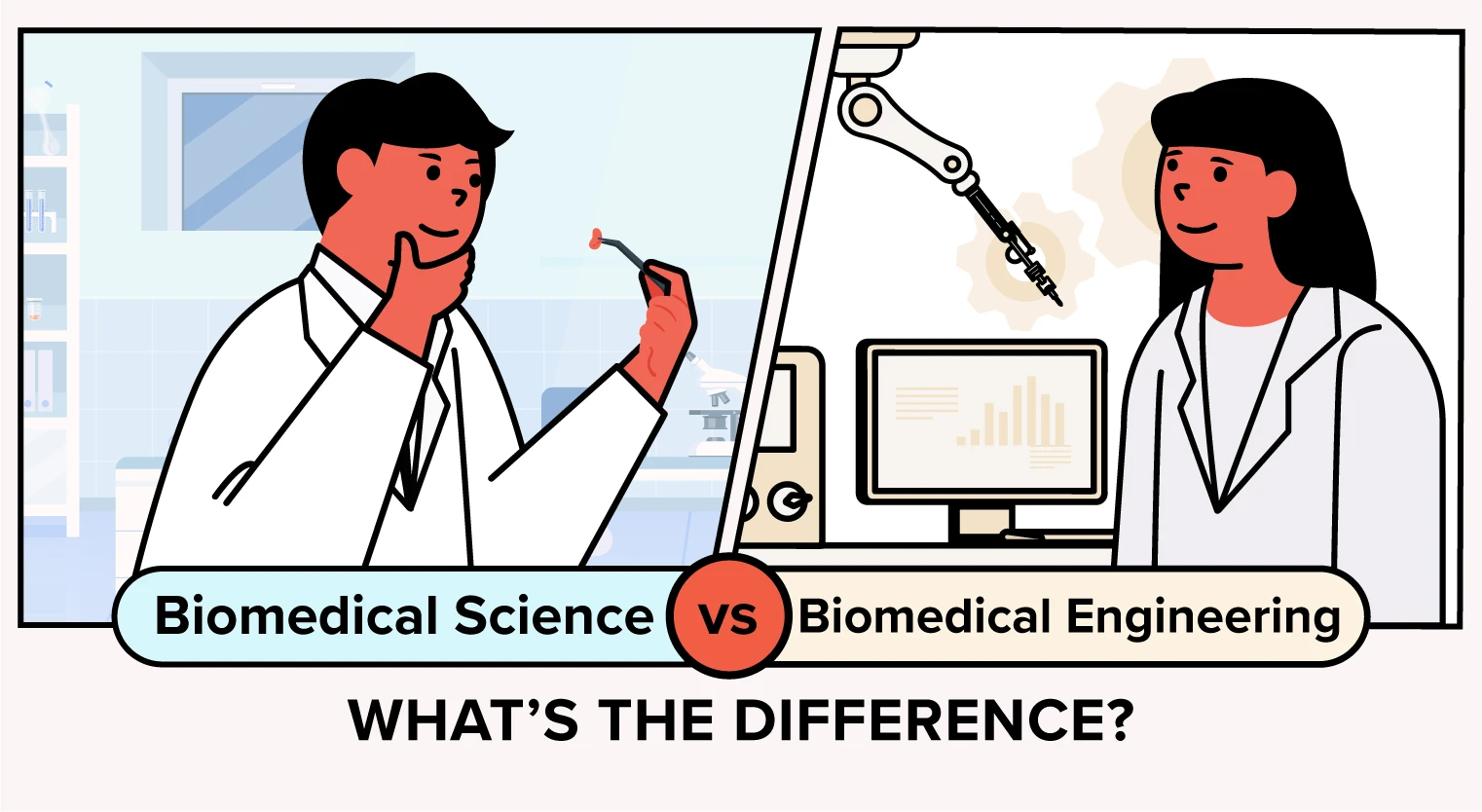Diploma vs Foundation: Which Programme Should You Pick?
You may have heard about diplomas and foundation programmes being viable pathways to a degree, but which should you choose? We’ve compared them here to help you decide.
Updated 16 May 2019

You may have heard about diploma and foundation programmes being viable pathways to a degree, but which should you choose, and is one better than the other?
We pit these 2 programmes against each other to help you understand and decide which will suit you best. Here we go!
#1. What is the difference in the level of qualification?

Diploma: A higher qualification than a foundation and is equivalent to a first year degree at university.
Foundation: A lower qualification than a diploma.
What you should consider:
A diploma is a higher qualification compared to a foundation and is viewed as equivalent to a first year degree at university. And if you intend to enter the workforce quickly, a higher qualification is generally preferred.
However, this doesn’t mean that a diploma is superior to a foundation.
One of the key reasons why a diploma is a higher qualification is because a diploma has a longer duration, where it will take you between 2 to 3 years to complete. In comparison, a foundation is only 1 year long and allows you to smoothly transition into a degree, which is a higher qualification than a diploma.
#2. What will you be studying?

Diploma: Focuses on practical and industry-specific skills and knowledge to train you for the working world.
Foundation: Equips you with the fundamentals of your chosen field for a smooth transition to your degree programme.
What you should consider:
Diplomas are focused on training and qualifying you for a particular area or trade, so if you are keen to pursue a career that requires more practical skills than academic knowledge (e.g. Culinary Arts, Aircraft Maintenance), you might want to pursue a diploma compared to a foundation. The diploma programme will be a progressional study of your chosen field and will be more in-depth as you continue.
On the other hand, foundation programmes, such as a Foundation in Arts or Foundation in Science, is a broader programme than a diploma and will prepare you with the basics of your chosen field of study. Most universities offer both core and elective subjects, which allows you to explore different topics before you pursue your degree. Additionally, a foundation programme has a higher academic standard, which can make transitioning into a degree easier.
Apply for university with EduAdvisor
Secure scholarships and more when you apply to any of our 100+ partner universities.
Start now#3. Have you decided on the degree you’d like to study?

Diploma: Your degree options are limited to the fields that are related to your diploma.
Foundation: Your degree options are flexible based on the field of your programme.
What you should consider:
A diploma is ideal if you have already decided on your career path, as it allows you to get straight to learning subjects that are relevant to your chosen field of study. However, if you plan to pursue a degree later on, you will be limited to fields that are related your diploma. For example, a Diploma in Accounting will allow you to enter the second year of a Degree in Accounting or Degree in Business. But if you decide that you want to pursue something different such as a Degree in Psychology, you may have to start from the first year.
A foundation programme, on the other hand, provides more flexibility compared to a diploma as it is a broader programme and provides you with the basics for a degree. Most universities’ Foundation in Arts, for instance, will allow you entry into a number of non-science degrees, including accounting, business, psychology, communications and education.
#4. What is your study pathway?

Diploma: Upon completion, you can enter the workforce or continue with a degree.
Foundation: You will need to continue with a degree as employers generally look for graduates with a higher qualification.
What you should consider:
If you’re keen on starting work quickly, a diploma may be a good option as you can enter the workforce first before upgrading yourself with a degree later on. Diplomas are generally accepted by employers as the minimum requirement for a large number of jobs, such as customer service executive, sales advisor and technician. In essence, taking a diploma provides you with a choice upon completion, i.e. work or continue with your studies.
As for foundation, your pathway is more or less predetermined, where you will need to move on to a degree. This is great if your chosen career requires you to be a degree-holder (e.g. law, engineering) or if you have plans obtain a degree in the near future regardless. A foundation offers a smoother transition into a degree as it prepares you for the academic rigour of undergraduate study, as well as provide you with a glimpse of university-style teaching.

#5. Do you need a loan?

Diploma: Eligible for PTPTN loan.
Foundation: Not eligible for PTPTN loan, with the exception of selected universities.
What you should consider:
All MQA-accredited diplomas are eligible for PTPTN loans, and if financial constraints are plaguing you, taking a PTPTN loan that bears a low interest rate can help keep your education dreams alive. Additionally, you can continue to apply for a PTPTN loan for your degree after completing your diploma, as long as you meet the requirements and provide the relevant documentation.
Conversely, foundation programmes are not eligible for a PTPTN loan, which can be an obstacle if you do not have a reasonable budget for your education. However, you can still try your hand at securing a scholarship or some of these lesser-known education loans.
We hope this has given you some insight about the differences between a diploma and a foundation. Bear in mind that neither programme is better than the other — it boils down to various factors, such as how quickly you want to obtain your certification, your budget, interests and career aspirations. So take some time to digest these considerations before jumping into a decision.






